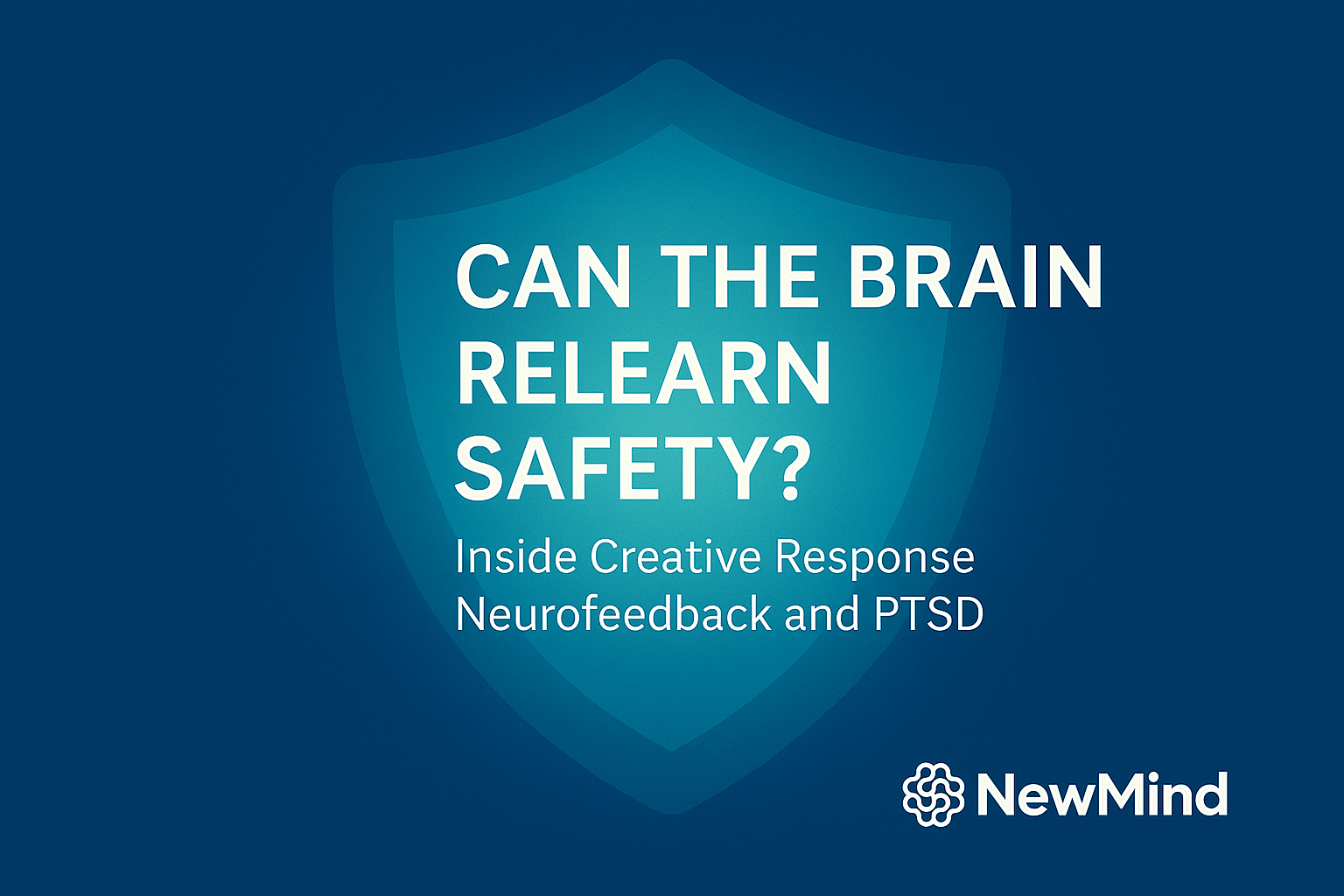Achieving optimal mental and emotional well-being goes beyond symptom management—it’s about cultivating resilience, balance, and long-term cognitive health. This category explores strategies for reducing stress, improving mindfulness, enhancing emotional regulation, and adopting healthy lifestyle habits that support overall brain function. Whether through neurofeedback, mindfulness techniques, or holistic wellness practices, these insights help foster a healthier mind and a more fulfilling life.
Recovering the Creative Response after PTSD with Neurofeedback
Post-traumatic stress can lock the brain into rigid, reactive patterns. Through neurofeedback for PTSD, clinicians help clients regain emotional balance and rediscover their natural capacity for calm, focus, and creativity. Dr. Richard Soutar explains how re-training the Default Mode Network and strengthening prefrontal control can reduce reactivity and restore what he calls the creative response—the ability to meet life’s challenges with awareness instead of fear.



